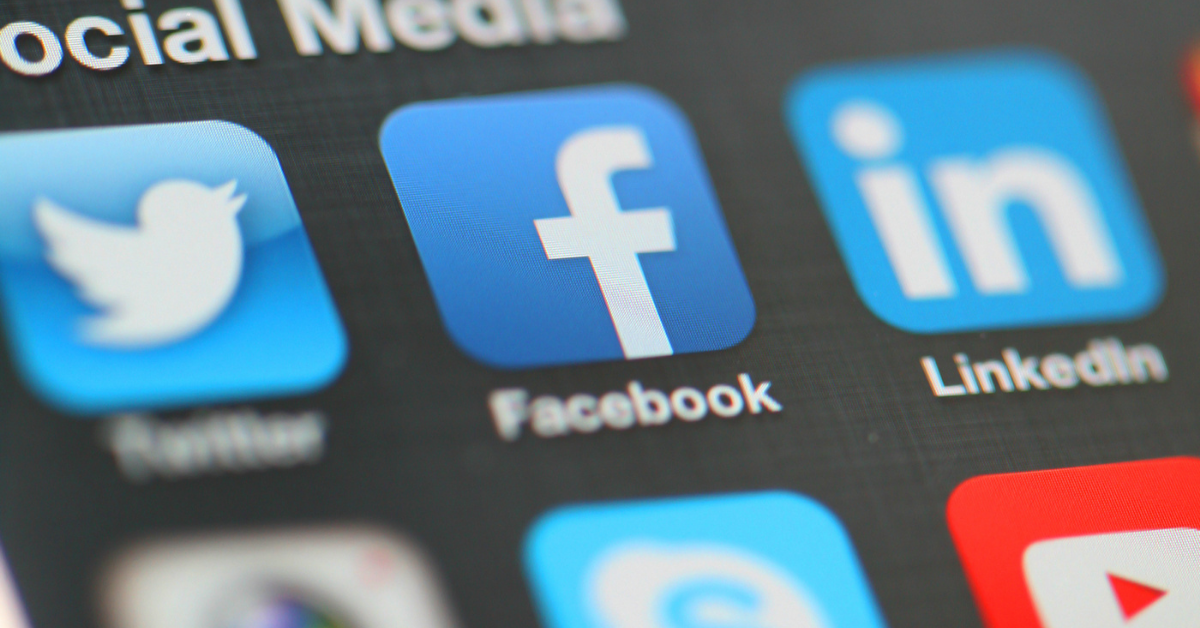
Freedom of Speech in the Age of Social Media
Whether we like it or not, social media has ingrained itself in modern society and turned into the dominant medium for the exchange of news and information. This has even been recognized by the U.S. Supreme Court, which noted they are not only the most important platforms for sharing ideas among friends and families but also between the government and its citizens. While the speed with which information moves through social media is incredible, it also presents great legal challenges regarding the ever-evolving landscape and how its regulation intertwines with the First Amendment.
A hot button issue right now involves whether government entities may block users and delete comments that are posted on their social media pages and accounts. Although this issue has not been brought in front of the Supreme Court just yet, lower court rulings may help us determine how the highest court in the land may rule on it.
The court’s analysis when deciding whether these kinds of posts can be deleted starts with whether the page is a public forum and the type of forum created by the page. There are three forums recognized by the courts in a First Amendment context, those being the traditional public forum, the government-designated or limited public forum, and the nonpublic forum.
In Davison v. Randall, a county supervisor created a Facebook page and designated it as a “government official” page belonging to a politician where members of the community could post comments and questions. Despite the court neglecting to distinguish between a traditional and limited public forum, the court nevertheless held that the page constituted a public forum due to the interactive component for citizens to voice their opinions. The court found that the supervisor’s act of deleting a critical post and blocking the user that created the post was found to be viewpoint discrimination and a violation of their constitutional rights.
Another case involving Twitter, Knight First Amendment Institute v. Trump, revolved around the legality of a public official blocking constituents on the popular website. While in office, then-President Donald J. Trump blocked some very critical users from seeing his personal Twitter feed, where people were able to interact and respond to the messages he posted. This is somewhat distinguishable from the Davison case since in Davison, the Facebook page was a designated government official page and Trump’s Twitter account was a personal page.
However, the court ruled that Trump’s personal Twitter account amounted to a government official page since he used the personal account in a governmental capacity to speak to his constituency about news and events in addition to his personal matters. This case illustrated that the use of the page was more controlling than the designation of the page, and the court used this reasoning to rule that blocking the users from this public forum was viewpoint discrimination and a violation of their constitutional rights as well.
Social media websites are not going away anytime soon, and even though the Supreme Court has not ruled on this topic yet, these lower court decisions suggest government entities will run into problems restricting users and deleting unfavorable posts on these platforms. Once a government entity creates a forum that allows people to comment and criticize, it may run into First Amendment claims if it censors those expressions. The Supreme Court will likely rule with the lower courts and declare interactive government social media a public forum that cannot be used to propagate viewpoint discrimination.
If you are a government official running a social media account, it is important to know what you can and cannot do with your page, let our experienced attorneys walk you through the best practices. Contact Fausone & Grysko, PLC at (248) 380-0000 if you have any questions on protecting your government entity from First Amendment and other constitutional challenges today.
